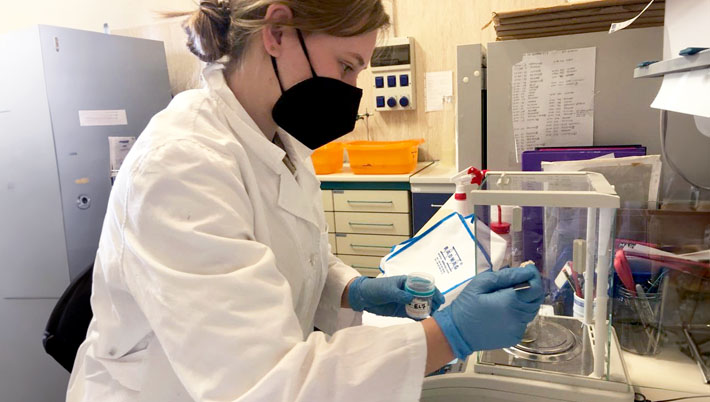There are many important considerations to make when applying to graduate or professional school. These include when in your career to apply, how to decide which programs best meet your career goals, how to prepare your application, and possible ways to fund your education.
Most CMC students take one or two gap years before starting graduate education. They take this time to research options and identify programs that best fit their future career goals. Some schools offer undergraduate students the chance to be admitted early into their graduate program prior to gaining work experience (deferred acceptance). The programs guarantee a spot in their classes two to four years in the future, so long as the admitted student secures appropriate professional experience in the meantime. These are highly competitive opportunities and tend to be offered by a small number of MBA and law school programs.
Steps to Apply to Graduate School
1. Choose a Graduate School Program
See the different types of graduate degrees available, then find out which one is right for you.
See How to Choose Graduate School Programs
2. Research Funding for Graduate School
There are multiple ways you can finance your graduate school program.
See How to Pay for Graduate School
3. Timeline for Applying to Graduate Programs
For students who want to apply to graduate or professional programs during their final year at CMC, we recommend following the suggested timeline outlined below.
See Timeline for Applying to Graduate Programs
4. Complete Your Application
Use this guide to help you gather all required elements and submit your application.






